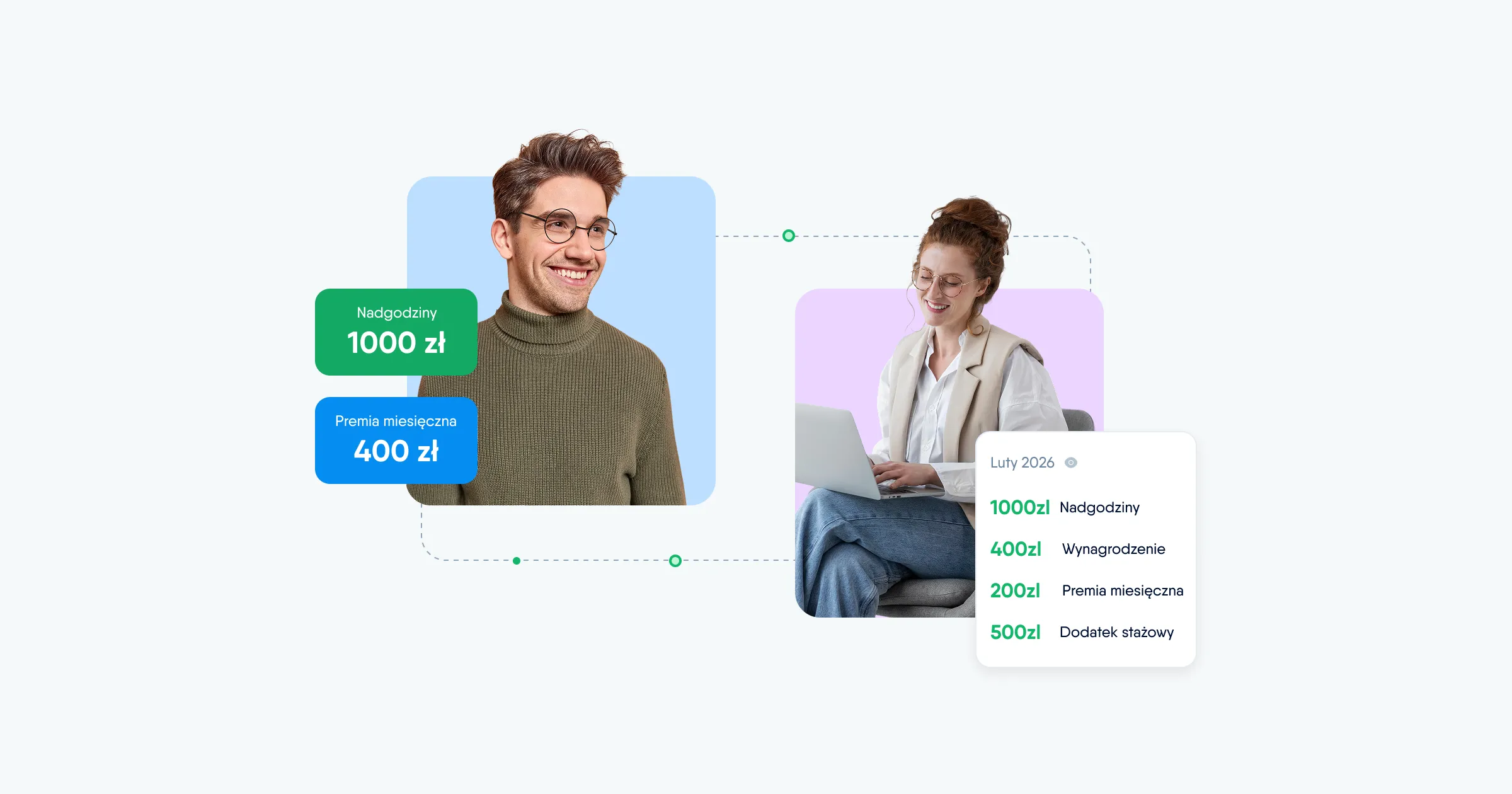Job enrichment
What is job enrichment?
What is job enrichment?
Job enrichment refers to the practice where employees are assigned additional tasks to increase their responsibility and job satisfaction. Simply put, employers must motivate employees adequately, ensuring they feel their work is important and encouraging their engagement within the company. This state can be achieved by enhancing employee autonomy or entrusting them with more fulfilling responsibilities.
This concept draws significantly from the work of Frederick Herzberg, an American psychologist who, in the 1950s and '60s, explored what makes employees satisfied at work. According to Herzberg's two-factor theory, also known as the motivation-hygiene theory, there are “hygiene factors” that can lead to dissatisfaction if inadequate (such as salary and working conditions) but don't necessarily increase satisfaction when present. On the other hand, “motivational factors” (like recognition and developmental opportunities) can boost employee satisfaction and motivation, but their absence doesn't necessarily lead to dissatisfaction.
Management should maintain a balance between proper working conditions and providing employees opportunities for growth and recognizing their contributions. In practice, this translates into creating career paths and reward systems that appreciate not just outcomes but also innovation and commitment. Moreover, a company should foster an organizational culture that supports and values its employees.
Why is job enrichment important?
Job enrichment benefits both the company and its employees.
Employer benefits:
- Builds a committed and efficient team.
- Increases the team's potential for creativity and innovation.
- Develops human capital with a broad range of knowledge and skills.
- Creates a positive, stable work environment where employees want to be.
- Reduces turnover and absenteeism.
- Enjoys a workforce willing to put in extra effort.
Employee benefits:
- Feel that their work is meaningful and contributes to the organization's larger goals.
- Are more engaged in their work and have greater control over their tasks.
- Develop their potential and creativity.
- Are more satisfied and avoid professional burnout.
- Expand their skills and achieve job satisfaction.
- Receive flexibility and autonomy in their tasks, facilitating a better work-life balance.
Job enrichment can also be a strategy for retaining employees.
Challenges of job enrichment
Despite its numerous advantages, job enrichment comes with certain challenges and difficulties.
- Implementing job enrichment can be challenging if tasks are not well-matched to the employee's skills, interests, and potential. Assigning tasks that are too difficult or too easy can demotivate an employee.
- Expanding an employee's responsibilities can lead to work overload and increased stress levels.
- Job enrichment programs require planning, possibly extra training, and skill development, which can be costly.
- Not all employees are open to change, so they might be wary or reluctant to take on new duties. In the worst case, such an employee can lower the team's morale.
- Introducing job enrichment requires effective change management, including communicating with teams and managing their expectations. Insufficient communication can lead to misunderstandings and lower team morale.
- Enriching one employee's job might make others feel undervalued, decreasing their engagement.
- Excessive enthusiasm for this method can be harmful to employees, leading to increased stress and, unfortunately, higher turnover rates.
Elements of a job enrichment program
Job enrichment can take various forms, depending on the organization's specifics, industry, and individual employee predispositions. Here are some examples of good practices:
- Job rotation allows employees to gain experience in different roles, diversifying their work and helping them understand the organization better. This practice can reveal hidden talents and interests.
- Project tasks give an employee ownership of a project from start to finish, instilling a sense of ownership and impact on work outcomes.
- Internal project groups encourage employees to meet and solve work-related problems, acting as a brainstorming session. This method motivates employees to engage more and tap into their creativity.
- Providing feedback helps employees understand how their work contributes to the organization's success, offering a sense of fulfillment and motivation for further development. The ideal time for providing feedback is during regular 1:1 meetings.
- Granting a certain degree of autonomy in task execution increases employee agency and decision-making power, enhancing satisfaction and loyalty.
Job enrichment is applicable to most job types, but the method must align with the nature of the position and the goals of the organization. It is not a one-size-fits-all solution and comes with its challenges. However, it can significantly improve job satisfaction, motivation, and retention.
It's crucial not to confuse job enlargement with job enrichment. Enlargement involves more tasks, while enrichment offers new development opportunities, greater autonomy, and responsibility.

